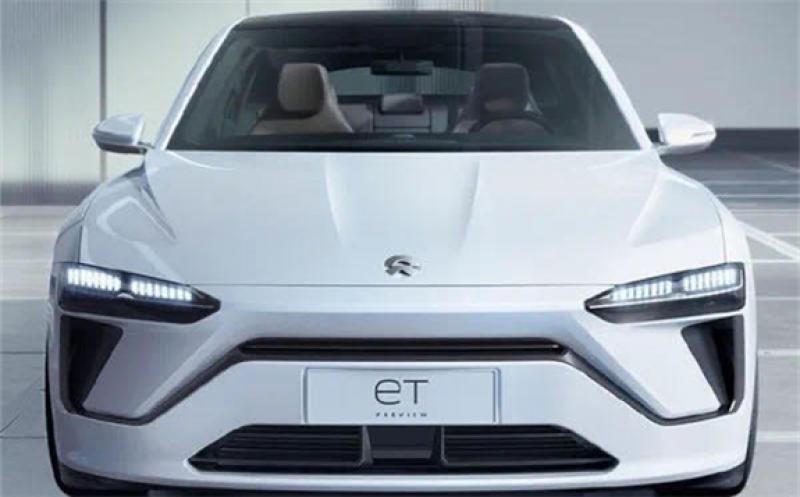Hainan's Haikou hosted the third International Alternative Energy Automobile Exhibition on January 8-11.

According to the news outlet, at the exhibition, which occupied an area of more than 60,000 square meters, there were about 300 vehicles, including electric vehicles, hybrid cars, as well as more than 160 vehicles with network connection capabilities (vehicles equipped with Internet access services and other intelligent systems — TASS).
According to the portal, both Chinese automakers — FAW (The First Automobile Corporation of China), SAIC, Changan Automobile, and representatives of foreign companies — Tesla, Volkswagen, Lamborghini, Porsche and others took part in the auto show. Moreover, new items from joint ventures, in particular FAW-Volkswagen, were presented at the show.
In addition to the exhibition part, more than 20 thematic conferences and seminars took place on the sidelines of the car show. It was also possible to take part in a test drive organized at the event. All visitors amid the new coronavirus pandemic were wearing masks, at the entrance, the temperature and "health code" were checked.
To the year 2030 with no gas
In order to combat environment pollution and protect ecology, the Hainan authorities intend to completely stop selling cars with conventional gasoline and diesel engines on the island by 2030. For these purposes, the government will encourage the residents to buy electric vehicles and hybrids, as well as develop the infrastructure necessary for them.
Starting from August 1, 2018, the authorities have already introduced a special quota for obtaining state-standard numbers for ordinary types of vehicles. Meanwhile, according to the last year's data, there were more than 23,000 "green" cars registered on Hainan, which is about 1.8% of the total number of cars on the island. In order to service eco-friendly vehicles there are more than 4.600 charging stationins in the province.
Since 2019, according to the authorities, all companies and state-owned enterprises on the island are committed to switching to "green" cars. By 2030, they plan to install about 940,000 spots for recharging electric and hybrid cars on the island.